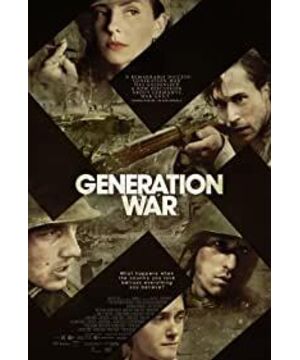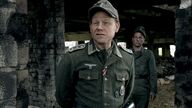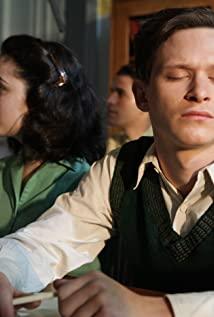Probably one of the greatest treasures of a nation is war that can be reflected on. Reviewing the war and constantly updating its understanding is a rare opportunity for a nation-state to grow itself. It asks about the national character, the country, and the source of the disaster, so as to continuously repair the current national construction.
2.
Wars are performative events. A phrase repeated throughout the film is that war will bring out the worst in us. But it is precisely war that elevates human kindness to the sublime. There is no other time when a single meeting means life and death, and no other time when kindness and mutual aid pay such a heavy price. In the days without God, there is no one capitalized Other who oversees our actions. At this point, all our choices are directed inward.
3.
This film attempts to "de-enchant" World War II by humanizing it, freeing it from people's imagination of some indifferent, carnivalized mass murder of World War II, and making it fully human. tension. The memory-filled photo and the repeated "Kleine Herz" reminded me of those two or three years of hardship and fascination in the American Civil War. There are a lot of trigger points in the movie that remind me of Atlanta in Gone with the Wind, the long descriptions of the war, and the days of chaos. When Friedhelm was studying at the camp, I almost mistook him for Ashley, until I found that his stubbornness, isolation, and publicity were more like the Rimbaud and Jung he liked.
4.
The contemplative temperament, stagnant rhythm and winter breath of this film will suggest to you Heine's poems, especially the sentence of the latter's title: Germany, a winter fairy tale.
View more about Generation War reviews











